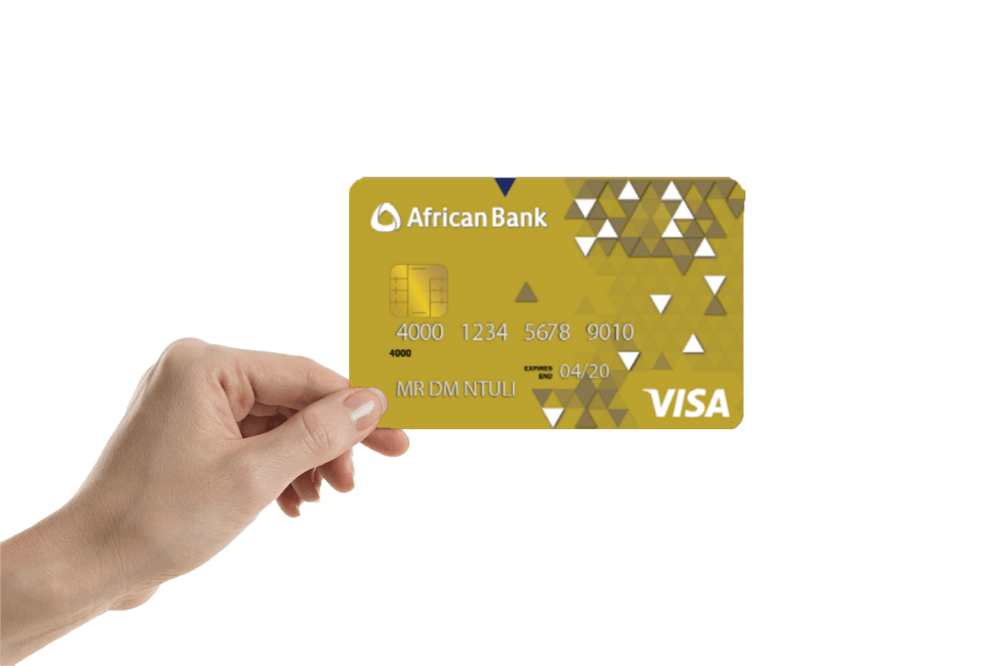Welcome to the complex and fascinating world of the best credit card! It’s like its own universe, filled with a myriad of tempting options and, of course, some pitfalls lurking around every corner.
Choosing the right card can feel like a daunting task, with so many enticing offers and complicated terms to decipher. However, with a little guidance and knowledge, you can confidently navigate this financial maze and find the card that perfectly fits your needs and lifestyle.
So, get ready to embark on this journey of discovery, and let’s find together the ideal credit card for you!

Credit Cards
A credit card is essentially a financial tool that allows you to make purchases and pay for them at a later date. It functions as a temporary loan from the bank or financial institution issuing the card, where you can spend up to a predetermined limit, known as the credit limit.
1. Understand the Terms and Conditions: Before using a credit card, it’s crucial to understand the terms and conditions associated with it. This includes fees, interest rates, payment deadlines, rewards, and benefits.
2. Establish a Budget: Set clear limits on how much you can spend with your credit card each month. This helps avoid overspending and accumulating debt.
3. Pay Your Bill in Full: Whenever possible, pay your bill in full by the due date. This avoids interest charges on the remaining balance and helps maintain a healthy credit score.
4. **Avoid the Minimum Payment: If you cannot pay the full balance, avoid paying only the minimum payment as much as possible. This will result in high interest charges and may lead to a debt spiral.
5. Take Advantage of Benefits: Many credit cards offer additional benefits such as reward points, cashback on purchases, and travel insurance. Be sure to take advantage of these benefits, as long as they do not encourage you to spend beyond your means.
Other important points to consider
6. Stay Vigilant Against Fraud:** Keep an eye out for suspicious activity on your account and contact your financial institution immediately if you notice any unauthorized transactions.
7. Keep Your Usage Low: A good practice is to keep your credit utilization below 30% of your available limit. This demonstrates financial responsibility and can help improve your credit score.
8. Regularly Review Your Statement: Check your statement monthly to ensure all transactions are accurate and there are no unauthorized charges.
9. Be Aware of Fees: Familiarize yourself with all fees associated with your credit card, such as annual fees, cash advance fees, balance transfer fees, among others.
10. Pay On Time: Always make your payments on time. Late payments can result in late fees and may negatively impact your credit score.
In summary, a credit card can be a powerful financial tool when used responsibly. It offers convenience, protection, and additional benefits, but it can also pose a risk if not used carefully. Therefore, it’s essential to understand how to use a credit card wisely to maximize its benefits and avoid financial pitfalls.
How to Choose the Best Credit Card?
1. Evaluate Your Needs: First and foremost, consider what you need in a credit card. Do you want to accumulate miles for travel? Cashback on everyday purchases? Or perhaps benefits like travel insurance and medical assistance? Make a list of your priorities.
2. Consider the Fees: Credit cards can have various fees, such as an annual fee, interest rate, late fees, and more. Carefully check all the fees associated with each card you’re considering and see if they fit into your budget.
3. Benefit Comparisons: Different cards offer different benefits, such as rental car insurance, purchase protection, extended warranty, and fraud protection. Compare these benefits and see which ones are most important to you.
4. Check the Rewards Program: If you’re interested in accumulating points or miles, check the rewards program offered by the card. See how many points you earn per dollar spent and how these points can be redeemed.
Other effective tips for choosing the best credit card
5. Read the Fine Print: Before committing to a card, carefully read the terms and conditions. Look for hidden clauses, such as changes in interest rates after a promotional period, and make sure you understand all of the card’s policies.
6. Evaluate Your Credit Score: Some credit cards have minimum credit score requirements. Before applying, check your credit score to get an idea of which cards you may qualify for.
7. Seek Recommendations: Ask friends and family about the credit cards they use and what they like or dislike about them. Their experiences can be a valuable source of information.
8. Consider Customer Service: Good customer service can make all the difference when you have a question or issue with your card. Look for cards that have a reputation for excellent customer service.
9. Avoid Getting Into Debt: Remember that a credit card is not free money. Use it responsibly and pay your full bill every month to avoid interest and accumulated debt.
10. Regularly Review: Once you’ve chosen a card, don’t forget to regularly review if it still meets your needs. Your circumstances may change over time, and a new card may become a better option in the future.
Conclusion about the best credit card
I genuinely hope that the information provided in this guide proves to be invaluable in your quest to find the ideal credit card tailored to meet your specific needs and preferences. As you navigate through the myriad of options available, keep in mind that selecting the best card entails more than just the perks and benefits it offers. It’s about aligning the features of the card with your unique lifestyle, spending habits, and long-term financial objectives.
Furthermore, consider this journey of selecting a credit card as an opportunity to enhance your financial literacy and empower yourself with knowledge about responsible credit card usage. By understanding the terms, fees, and benefits associated with each card, you’ll be better equipped to make informed decisions that contribute to your financial well-being.
So, take your time, explore your options thoroughly, and don’t hesitate to seek advice from trusted sources or financial advisors if needed. Ultimately, remember that the right credit card can serve as a valuable tool in managing your finances effectively and achieving your financial goals.
Wishing you all the best in your decision-making process and may you embark on this journey with confidence and enthusiasm. Happy choosing!






